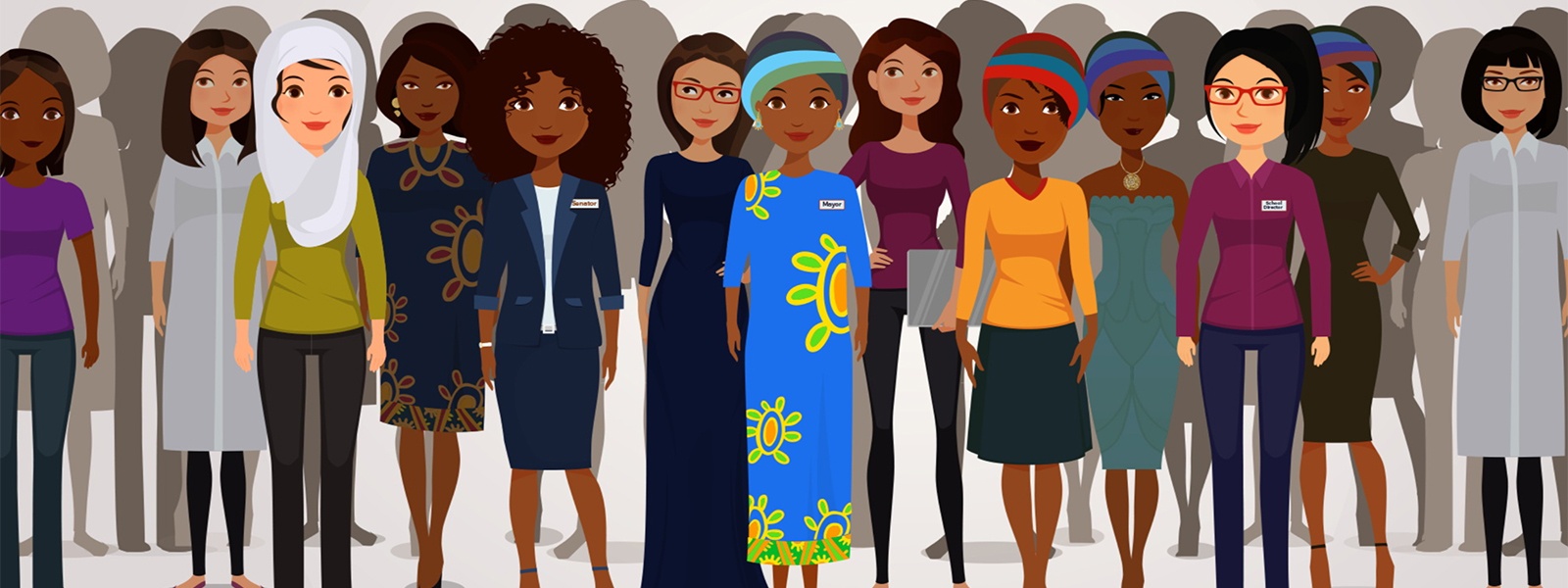THE pervasive issue of child sexual abuse, particularly against underage girls, remains a distressing reality in Zimbabwean communities.
Traditionally, strangers were considered the primary threat to the girl child’s safety. However, current trends are alarming as family members and relatives have increasingly become perpetrators of harm.
This disturbing reality raises concerns about leaving girl children in the care of even trusted relatives and friends, whom society years gone by typically relied on for protection. Statistics tell a sad story. Last year alone, over 4 500 girls were forced to drop out of school after falling pregnant, with at least 150 of them being primary school pupils.
Despite the increase of sexual abuse cases in the country, there seems to be a glimmer of hope for change after President Emmerson Mnangagwa last week signed into law the Criminal Law (Codification and Reform) Bill meant to punish heavily paedophiles.
According to the new Act: “any person who — commits upon a child any act involving physical contact that would be regarded by a reasonable person to be an indecent act; or solicits or entices a child to have sexual intercourse with him or her or to commit any act with him or her involving physical contact that would be regarded by a reasonable person to be an indecent act; shall be guilty of sexual intercourse or performing an indecent act with a child, as the case may be, and liable to a fine not exceeding level 12 or imprisonment for a period not exceeding ten years or both.
“It shall be no defence to a charge of sexual intercourse or performing an indecent act with a child to prove that he or she consented to such sexual intercourse or indecent act.”
“Where sexual intercourse or an indecent act takes place between — children between whom the difference in age is not more than three years; or a child and an adult who is not more than three years older than the child; neither of them shall be charged with sexual intercourse or performing an indecent act with a child unless the Prosecutor-General has authorised the charge.”
Ordinary Zimbabweans welcomed the new Act and are hopeful that cases of sexual offences, especially against the girl child, will go down. Tinashe Tambo of Warren Park, Harare, expressed relief and gratitude for the new law, saying: “Finally, our children will be safeguarded until they are 18. By then, they will have matured and can make sound decisions of sexual matters.
“As a parent, it’s devastating to think that a child’s life can be ruined by a paedophile who can’t control his sexual desires. We welcome the punitive measures that come with the new law.”
Alista Tagara from Gweru said most sexual offences against the girl child are perpetrated in the name of religion hence authorities must pounce on apostolic churches that continue to support and promote child marriages. “It’s sad that some apostolic churches violate children’s rights driven by misguided beliefs,” she said.
“Alarmingly, some leaders justify child marriage, claiming divine instruction from the Holy Spirit, forcing girls as young as 12 into marriages,” Tagara said. Law experts have also embraced the new legislation, but were quick to point out that the law on its own is inadequate to stop sexual molestation of young girls.
They argued there is a need for a multifaceted approach that goes beyond punishing perpetrators. Caleb Mutandwa, a child rights advocate, noted that Zimbabwe has strong laws, among them the Children’s Act, Domestic Violence Act, and the Criminal Code, to protect children from sexual exploitation, but lacked effective implementation.
“I want to start by commending Parliament and the government of Zimbabwe for enacting the law which now affords all children protection from sexual exploitation.
“Once convicted, sexual offenders must be sentenced to the maximum possible sentence, looking at the circumstances of each case. Sometimes, the Judiciary lets children down by imposing the minimum sentences which are so lenient despite the law prescribing harsh sentences,” Mutandwa told the Daily News On Sunday.
“I should also mention that sometimes families and communities derail efforts to curb child sexual exploitation by not reporting cases hence the need for raising awareness on the law and even prosecuting those family and community members who cover up child sexual exploitation cases.
“Zimbabwe has comprehensive laws to protect children from sexual exploitation. These include the Constitution, the Children’s Act, which was also recently amended, the Domestic Violence Act and the Criminal Code, which we are discussing.
“All these laws outlaw various forms of child sexual exploitation, including child marriages. My view is that the weakest link is in the lack of implementation of such laws and policies due to various reasons which include lack of knowledge of the law, lack of resources, be it in the form of human, financial, institutional resources, corruption, among others.”
He claimed corruption within the justice system undermined efforts to combat child sexual exploitation. “Stakeholders should work together to ensure that other needs and rights such as the right to education, health, including sexual reproductive health, food, among others, are met.
“Children, families and communities must be empowered by laws and policies. Professionals who work with children must report cases of child sexual exploitation they come across during their work as is now required by the Children’s Act. There is a need for the Judiciary to deal with cases expeditiously and address allegations of corruption within the justice system,” Mutandwa said further.
On his part, human rights lawyer and Hatcliffe legislator Agency Gumbo emphasised the importance of tackling underlying issues influencing child sexual abuse and fostering positive behavioural change.
“While it is agreed that the imposition of harsher sentences on child sexual predators may potentially have a deterrent effect, this has not always been the case,” Gumbo told the Daily News On Sunday. “It must be stated that there equally exists a negative side to this, ranging from recidivism, increased violence and underreporting.”
Gumbo said there was a need for tailored sentencing that focuses on rehabilitation for perpetrators not to reoffend.
“Sentencing of perpetrators ought to be broadly considered and guided by the circumstances of each case and most importantly tempered with the need to rehabilitate offenders and allow them to reintegrate into society. Research has shown that harsher sentences of offenders come with a high risk of recidivism which leads to unending cycles of reoffending,” he said.
On the other end, women’s rights groups are urging parents and caregivers to be mindful about who they entrust with their children’s care and to take all allegations of abuse seriously. “Raising awareness and monitoring community activities are crucial in preventing child exploitation. Be cautious and vigilant, trusting no one implicitly with children.
“When children report abuse, take it seriously and pursue justice. Most importantly, parents and guardians must ensure they themselves do not perpetrate abuse,” Virginia Muwanigwa, Zimbabwe Gender Commission boss said. She acknowledged that penalties alone were insufficient to eradicate child exploitation without addressing other factors such as socio-economic conditions. “Experience has shown that the existence of penalties is a deterrent although we have also seen continued exploitation regardless,” she said.
“While penalties are a crucial aspect, experience has shown that they alone are insufficient. We need robust support systems, starting from family units to integrated networks involving government, NGOs, community organisations, faith-based groups, and law enforcement agencies.”
She further pointed that resources were inadequate to effectively combat exploitation nationwide. “Support systems do exist starting at the family level, to a multi-stakeholder integrated system by government, NGOs, community-based organisations, some faith-based networks and victim-friendly units of the police as well as development agencies.
“However the demand is high and national, so more players and resources are needed.” she said. Similarly, Mukadzi Munhuwo Women’s Forum chief executive officer Prudence Mbaura implored stakeholders to do more in bridging gaps in support services for victims of abuse.
“It’s essential to improve reporting mechanisms, enhance child protection services, engage communities in prevention efforts, and monitor online platforms.
“The support systems in place for victims of child sexual exploitation is inadequate. Gaps exist in accessible and specialised counselling services, medical and psychological care, legal assistance, and community-based reintegration programmes,” she told the Daily News On Sunday.
“Additionally, there is a shortage of trained personnel and resources, coordination between agencies, and cultural sensitivity and awareness.
Therefore, it is crucial to invest in specialised services, enhance collaboration between agencies, and promote cultural sensitivity.” It is apparent that besides enacting laws to punish perpetrators of sexual abuse, there is need for multi-faceted approaches to deal with the scourge holistically.






